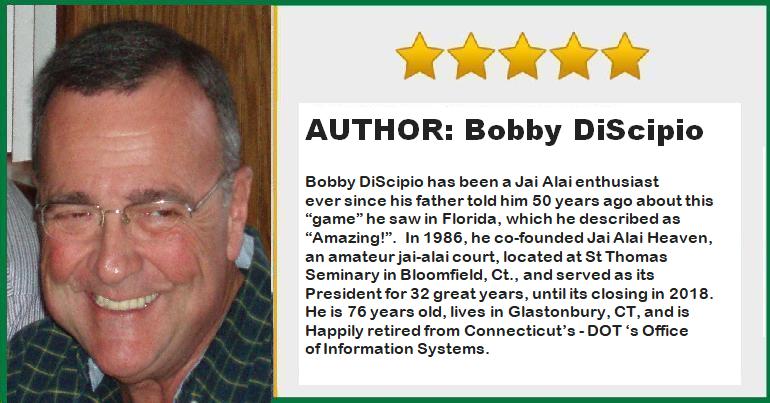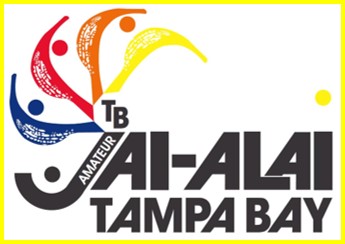You are a seasoned gambler, and you just hit a trifecta on horses with long odds, or perhaps a tough Jai Alai number. While you are anxiously waiting for your payoff price to come up, you are thinking, what’s this going to pay? Who doesn’t? It’s a good one, you know that, so your mind wanders, $700, $800, maybe more? Up goes the price. Bingo, a pretty good hit, but perhaps less than you were hoping for, but you’ll take it!
Most all gamblers engaging in pari mutuel wagering events understand there is a degree of randomness in the payoffs. Sometimes we get lucky, and get a better payoff than we expected, and sometimes we may get less than expected. However, suppose you got less than you expect because you were cheated?
Back some years ago, a good friend and business associate of mine, and a top notch
programmer/analyst, was working for the CT Division of Special Revenue when he was unexpectedly assigned to travel to Florida. His mission was to discuss with Florida gaming officials how the pari mutual system used at Calder race track had been violated. You see, at the time, the same system was being used at Hartford Jai Alai, and regulators here were concerned.
Whether this scam was accomplished by a manual machine manipulation, or via malware, was never revealed, however, this is what had happened there – Once the winning order of horses was determined, a method was employed that flip flopped the dollar amounts sold on the winning trifecta with a larger, and presumably reasonable dollar amount from another combination. For example, let’s assume a net trifecta pool of $10,000, and the actual amount wagered on the winning combination was $25. If so, you would have a $2 winning ticket worth $800. Now suppose that $25 amount got flip flopped with another number’s amount that had $31. If so, now your winning $2 ticket has a payoff of $645! All the pool money adds up, with the only thing missing being the 3 tickets never issued. Oh, and the -$155 YOU lost on your winning $2 ticket! The group involved in this scam had access to the necessary equipment to produce the missing tickets and would later cash them at the outsbook, using a number of different people to do so.
Are you wondering how this scam got discovered? Maybe you are thinking the track’s computer audit trail discovered it, or perhaps a physical audit? Nope. What happened was
one of the participants, unsatisfied with his share, and possibly a bit scared of discovery, turned the other crooks in, most likely making his own deal.
No one knows how long this went on for, but you can be assured many thousands of dollars, maybe hundreds of thousands of dollars, or even more, were taken from the hands of honest, and unsuspecting, players. Maybe your dollars!
Gambling isn’t church, so always be aware. It’s a certainty that someone is out there trying to figure how to make an easy buck. If you do see something unusual pay close attention. If it happens again, and you can’t explain it, then report it to the proper authorities. A legitimate pari mutual event is already tough enough to win at.
PS – I am unaware of any publicity regarding this event, but not surprised by that, as most all gambling venues take great pains to avoid any negative publicity.








